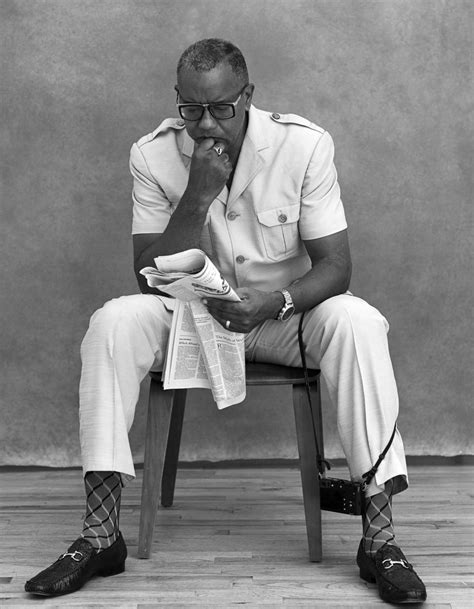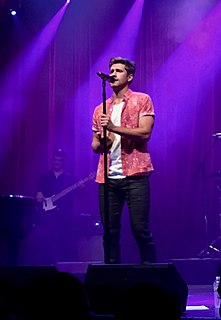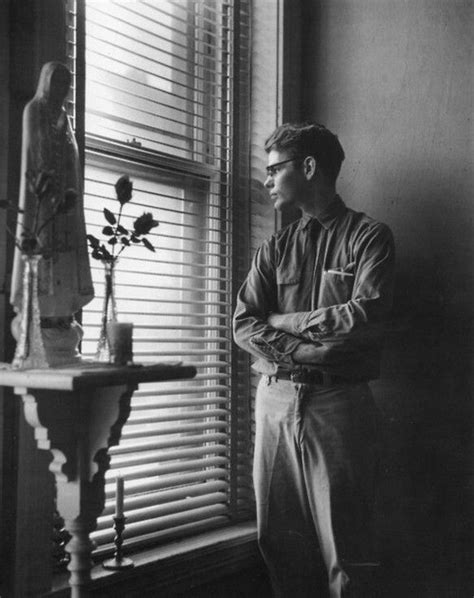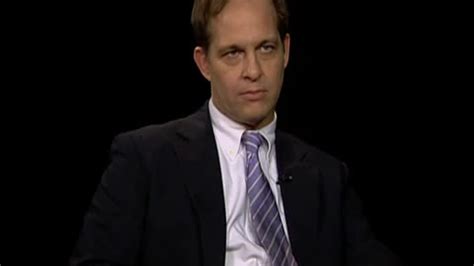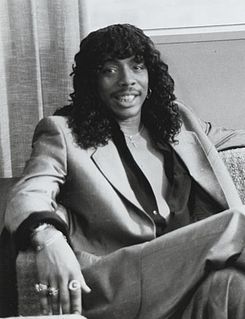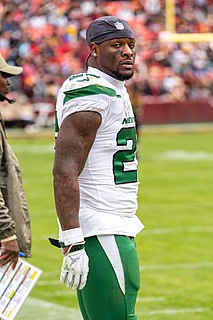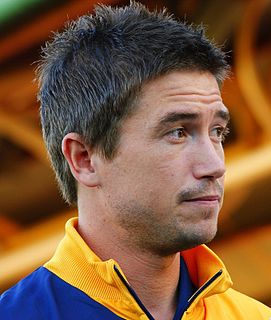A Quote by Jamel Shabazz
I think that's what the war photography did for me. It showed me the human side of people and how certain circumstances can change people's lives.
Related Quotes
It's interesting, a lot of my friends and family thought that was the moment I kind of showed everyone my humor; the silly side of me that friends and family know, so that could be what people were responding to. I have a big sense of humor, and people who know me know that silly side of me, so moving forward, I think it gives me the freedom and confidence to do more of that.
When I Asked God for Strength He Gave Me Difficult Situations to Face When I Asked God for Brain & Brawn He Gave Me Puzzles in Life to Solve When I Asked God for Happiness He Showed Me Some Unhappy People When I Asked God for Wealth He Showed Me How to Work Hard When I Asked God for Favors He Showed Me Opportunities to Work Hard When I Asked God for Peace He Showed Me How to Help Others God Gave Me Nothing I Wanted He Gave Me Everything I Needed.
If you think you are beaten, you are. If you think you dare not, you don't. If you'd like to win but think you can't it's almost certain you won't. Life's battles don't always go to the stronger or faster man, but sooner or later, the man who wins is the man who thinks he can. A happy person is not a person with a certain set of circumstances, but rather a person with a certain set of attitudes. I may not be able to change the world I see around me, but I can change the way I see the world within me.
When I was a little bitty kid, my aunt showed me how to play a little boogie. It took me years. I had to play the left-hand part with two hands, because my hands was so little. Then as I grew up and I learned how to play the left-hand part with one hand, she showed me how to play the right-hand part, and et cetera. My Uncle Joe showed me how to play a little bit different boogie stuff. I had people in my family that was professional musicians, but I just wasn't interested in what they did. I wasn't very open-minded to a lot of music that I'd be more open to today.
When you read about the lives of other people, people of different circumstances or similar circumstances, you are part of their lives for that moment. You inhabit their lives, and you feel what they're feeling, and that is compassion. If we see that reading does allow us that, we see how absolutely essential reading is.
I think what it was with the war photography was the concerned eye, the desire to document these situations to show the world the horrors of war. It inspired me to document prostitution; inspired me to document homelessness in America. We are the richest country in the world, yet we have people suffering, so it helped me to look at things in that manner.
What other people think of me is not my business. What I do is what I do. How people see me doesn't change what I decide to do. I don't choose projects so people don't see me as one thing or another. I choose projects that excite me. I think the problem is that people refuse to understand what drag is outside of their own belief system.
Prison was a blessing. Going to prison was the greatest thing that happened to me. It showed me that I wasn't infallible. It showed me that I was just human. It showed me that I can be back with my ghetto brothers I grew up with and have a good time. It taught me to cool out. It taught me patience. It taught me that I didn't ever want to lose my freedom. It taught me that drugs bring on the devil. It taught me to grow up.
Stuff doesn't matter - boats, cars, fancy things don't matter. What matters, what will matter to me, is the love of the people around me, and did I take a chance? Did I seize an opportunity to do something for people with the talents that I was lucky enough to be given? Did I make a difference in the lives of people who needed me?
I think 'Shade Room,' it's a different me. You know, I think it's more on the lyrical side, talking about my life and how I really feel. You know, all these things outside of football. And people really get to look at how I feel about things or how I look at certain things. It's not just a song, more so me just telling people how I feel.
